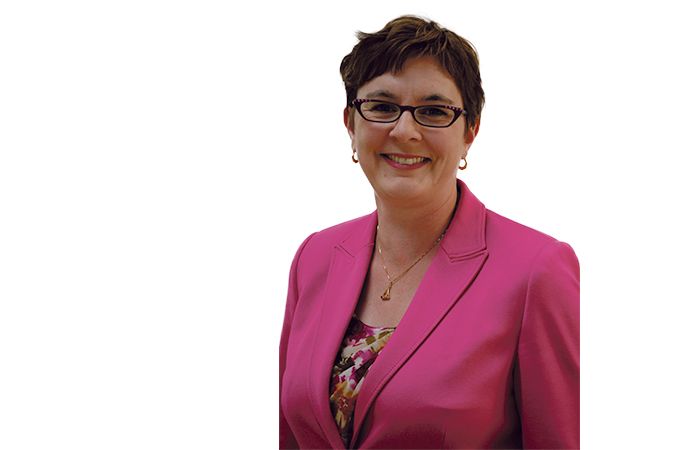I spent last week in Belgium visiting family. As every expat knows, having to miss your family in your daily life can be hard. Especially since I had my daughter, I feel that it is difficult to uphold close day-to-day family ties.
Starting all over
So I started contemplating what it would be like to move back to Belgium. And then it struck me what a daunting challenge it would be. True, I would be moving back to my home country, where I do know the language, but I would have to start all over – though now not being an expat in a new country, but being a repat in my home country.
So, if I was to return to Belgium, what would I do? My home country has changed and so have I. And what about my daughter and my Danish husband?
New initiative
The idea of becoming a repat in Belgium was quickly put aside, as I’m genuinely afraid that I would feel like a foreigner in my home country. However, my contemplations have led to the initiative Repat in Denmark.
And International Community now makes sure that internationals – both expats and repats – will have the best possible conditions for living and working.
Every year 10,000 Danes return to Denmark after working abroad, and I was surprised to learn that 61 percent of all public and private companies make no or minimal effort to facilitate repats’ experiences. With our newly launched initiative, Repat in Denmark, our aim is to create a network for Danish repatriates and their families.
Supporting repatriates
The ‘romanticised’ picture of a possible life in your home country may not come true at first, but we’ll do whatever we can to support both the returning families and the companies that want higher efficiency in attracting, welcoming and retaining repatriates.














